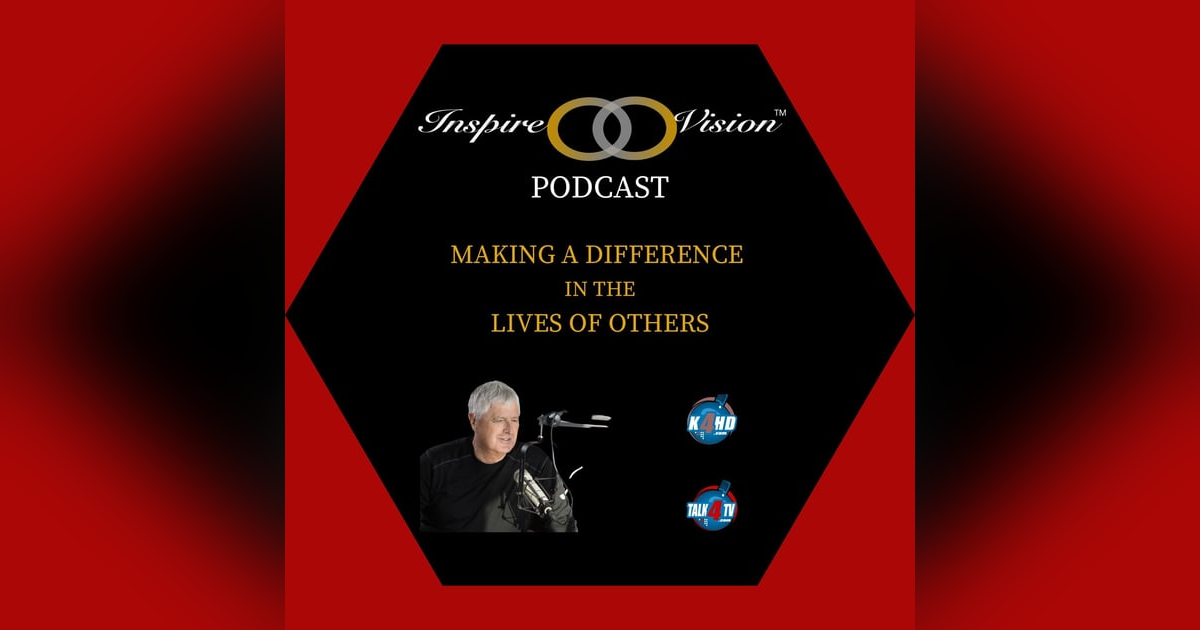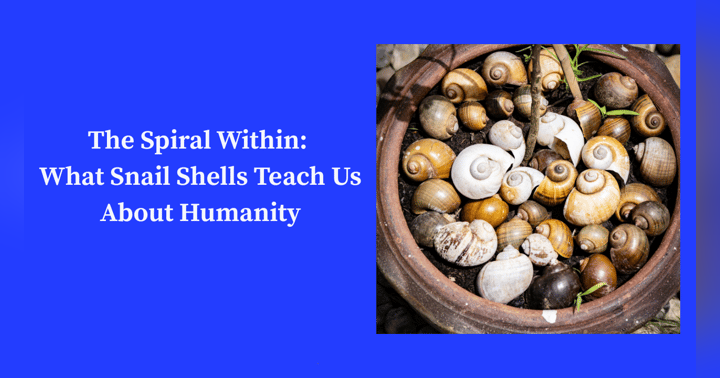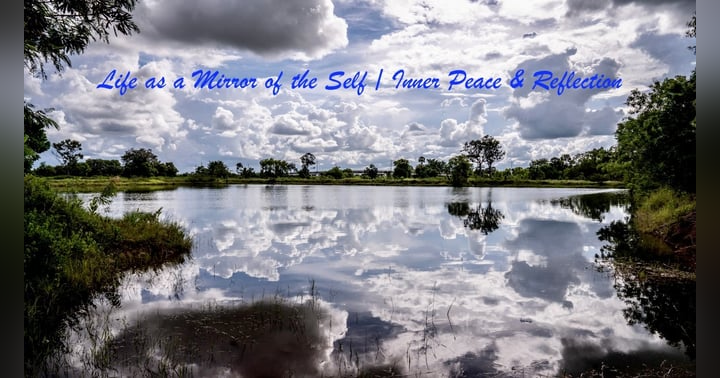Mindfulness and Emotional Intelligence

Mindfulness involves being fully present and aware of your thoughts, feelings, and sensations without judgment. Practicing mindfulness can enhance emotional intelligence by increasing self-awareness and self-regulation. When you’re mindful, you’re better able to recognize and understand your emotions as they arise, allowing you to respond more thoughtfully rather than react impulsively. Additionally, mindfulness can help cultivate empathy by encouraging you to be more attuned to the experiences and emotions of others, fostering deeper connections and understanding in your relationships. Overall, incorporating mindfulness practices into your daily routine, such as meditation, deep breathing exercises, or simply taking moments to pause and observe your thoughts, can greatly support the development of emotional intelligence.
A lack of emotional intelligence can exacerbate emotional problems in various ways. For example:
- Difficulty Identifying Emotions: Individuals may struggle to recognize and label their emotions accurately, leading to confusion and frustration.
- Poor Self-Regulation: Without the ability to manage emotions effectively, individuals may experience heightened stress, anxiety, or anger, which can contribute to emotional problems such as depression or mood disorders.
- Limited Empathy: Difficulty understanding and empathizing with others’ emotions can strain relationships and lead to feelings of isolation or disconnection.
- Ineffective Communication: Poor social skills and communication can hinder the ability to express emotions constructively and seek support from others, exacerbating emotional issues.
- Difficulty Resolving Conflict: Without the ability to navigate conflicts or disagreements calmly and empathetically, relationships may suffer, leading to increased emotional distress.
Overall, a lack of emotional intelligence can contribute to the development or worsening of emotional problems, making it challenging for individuals to cope with stress, manage relationships, and maintain overall well-being.
Developing mindfulness involves cultivating a heightened sense of awareness and presence in everyday life. Here are some specific approaches to mindfulness development:
- Start with Meditation: Meditation is often considered the cornerstone of mindfulness practice. Begin with short sessions, perhaps just a few minutes a day, and gradually increase the duration as you become more comfortable. Focus on your breath, bodily sensations, or a specific point of focus. When your mind wanders (as it inevitably will), gently guide your attention back to the present moment without judgment.
- Engage in Mindful Activities: Incorporate mindfulness into daily activities such as eating, walking, or showering. Pay close attention to the sensory experiences involved in these activities, such as the taste and texture of food, the sensation of your feet touching the ground while walking, or the feeling of water cascading over your body in the shower. Fully immerse yourself in the present moment, letting go of distractions and preoccupations.
- Practice Mindful Observation: Take moments throughout the day to observe your thoughts, emotions, and surroundings without getting caught up in them. Notice the thoughts passing through your mind like clouds in the sky, allowing them to come and go without attaching meaning or judgment. Similarly, observe the sensations in your body and the sights and sounds around you with a sense of curiosity and openness.
- Cultivate Nonjudgmental Awareness: One of the key aspects of mindfulness is cultivating a nonjudgmental attitude toward your experiences. Instead of labeling thoughts or emotions as “good” or “bad,” simply observe them as they are, acknowledging their presence without getting swept away by them. This allows you to develop a greater sense of acceptance and compassion toward yourself and others.
- Practice Gratitude and Compassion: Incorporate gratitude and compassion practices into your daily routine. Take time each day to reflect on things you’re grateful for and cultivate feelings of appreciation and contentment. Similarly, practice kindness and empathy toward yourself and others, recognizing our shared humanity and interconnectedness.
- Seek Support and Guidance: Consider joining a mindfulness group or class where you can learn from experienced practitioners and connect with others on a similar journey. Alternatively, you may find guidance through books, podcasts, or online resources that offer instruction and inspiration for your mindfulness practice.
Remember that mindfulness is a skill that develops over time with consistent practice and patience. Be gentle with yourself as you navigate this journey, and celebrate the small victories along the way. Ultimately, the goal of mindfulness is not perfection but rather a deeper sense of connection, clarity, well-being in your life and a higher emotional intelligence that will provide positive dividends to you on your life journey.
































